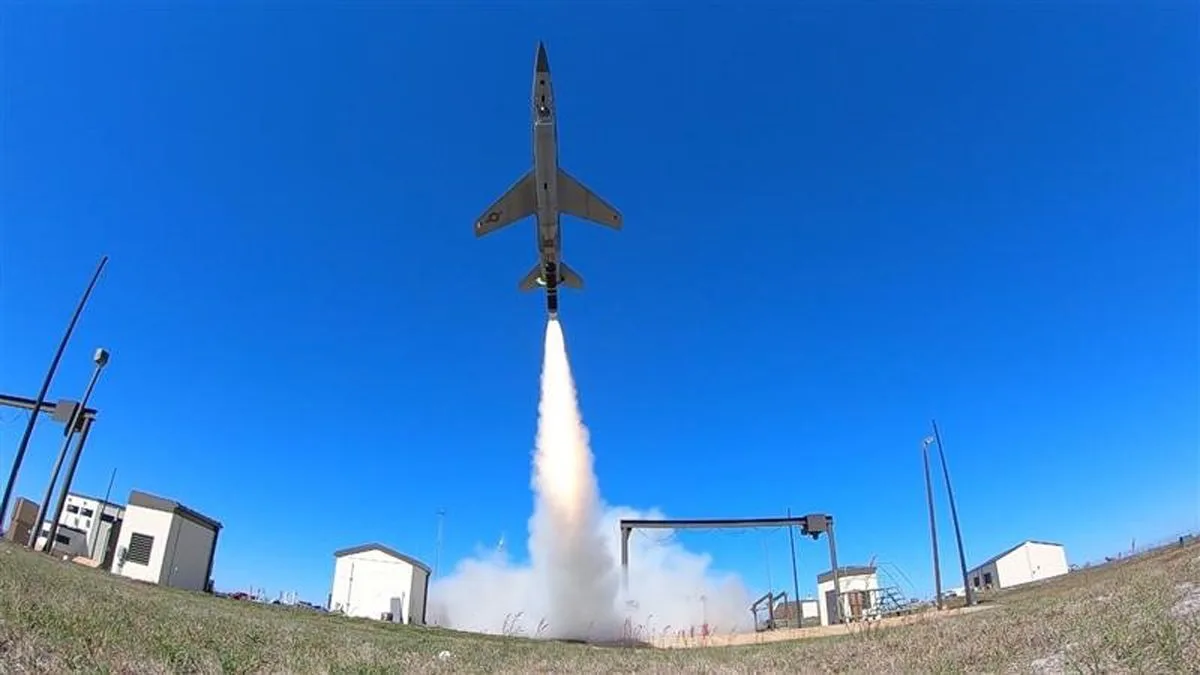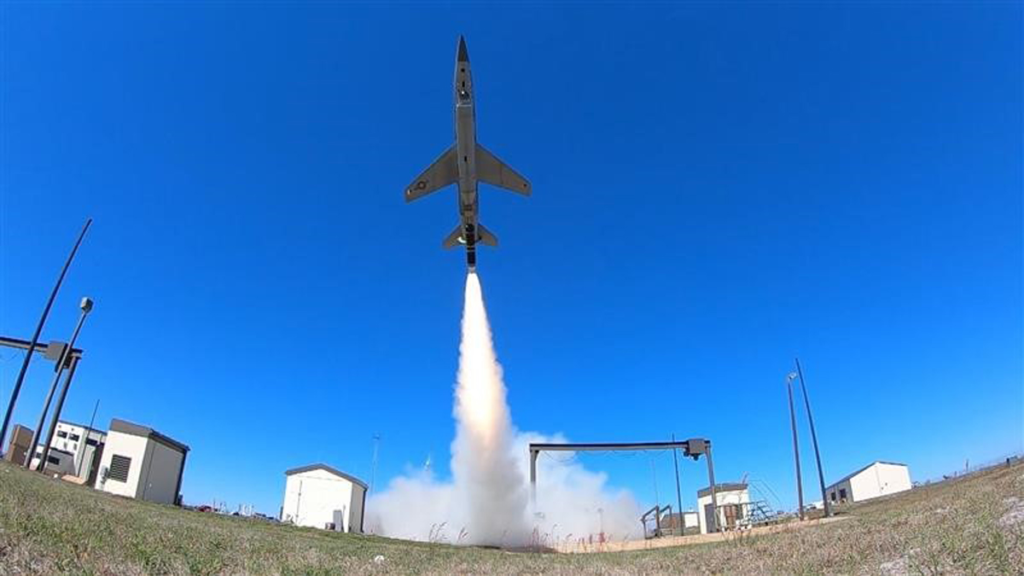Israel Military Utilizes AI To Predict Rocket Attacks, Enhancing Defense Capabilities

In a bid to enhance its defense capabilities, Israel’s military is planning to arm artificial intelligence (AI) systems for predicting rocket attacks, according to a recent report. Prime Minister Benjamin Netanyahu has shown strong support by increasing the defense budget and expressing his commitment to establish Israel as a leading AI powerhouse.
Utilizing AI in Response to Recent Conflict

During the recent conflict in Gaza, Israeli commanders successfully utilized a new tool called “Knowledge Well.” This platform, similar to WhatsApp, provided real-time information about Palestinian rocket launches, including details on location, frequency, and range. Building on this experience, Colonel Eli Birenbaum, head of the military’s operational data and applications unit, plans to leverage AI aggregation to predict rocket barrages in future confrontations. The goal is to effectively utilize information and enhance the capabilities of the forces in the field.
A Shift Towards AI Expertise
Colonel Birenbaum highlighted that a significant shift is underway within the Israeli military, with approximately half of the military technologists expected to focus on AI by 2028. This shift began with the development of the country’s first machine-learning platform in 2016, aimed at detecting hacking attempts. Currently, hundreds of personnel are involved in AI-related projects, accounting for 20 percent of the military technologists. However, Birenbaum predicts that within the next five years, these numbers will increase to the thousands.
Staffing Challenges and Educational Commitment
While the Israeli government supports the integration of AI, this emphasis also presents a staffing challenge. As lower-level coding roles are phased out, individuals with extensive training will be required to take on positions that demand advanced expertise. Colonel Birenbaum emphasized the need for substantial educational commitment and military service to cultivate data scientists. This involves committing to a bachelor’s degree, a master’s degree, and then six years of military service. Despite the staffing challenges, Birenbaum believes that the meaningfulness of the work and the opportunity to solve national-level problems attract talented individuals.
Human Decision-Making in the Process
Addressing concerns about the ethical implications of AI arms races, Birenbaum emphasized that AI target acquisition in Israel does not equate to automated target destruction. He stressed that, for the foreseeable future, human operators will remain involved, ensuring a human decision-making component in the process. While AI plays a crucial role in predicting rocket attacks, human operators will retain ultimate control and responsibility.
Overall, Israel’s focus on leveraging AI to predict rocket attacks demonstrates its commitment to advancing military capabilities through technological innovation. By integrating AI systems and expertise, Israel aims to enhance its defense strategies and safeguard its citizens more effectively.
The Hindustan Herald Is Your Source For The Latest In Business, Entertainment, Lifestyle, Breaking News, And Other News. Please Follow Us On Facebook, Instagram, Twitter, And LinkedIn To Receive Instantaneous Updates. Also Don’t Forget To Subscribe Our Telegram Channel @hindustanherald








